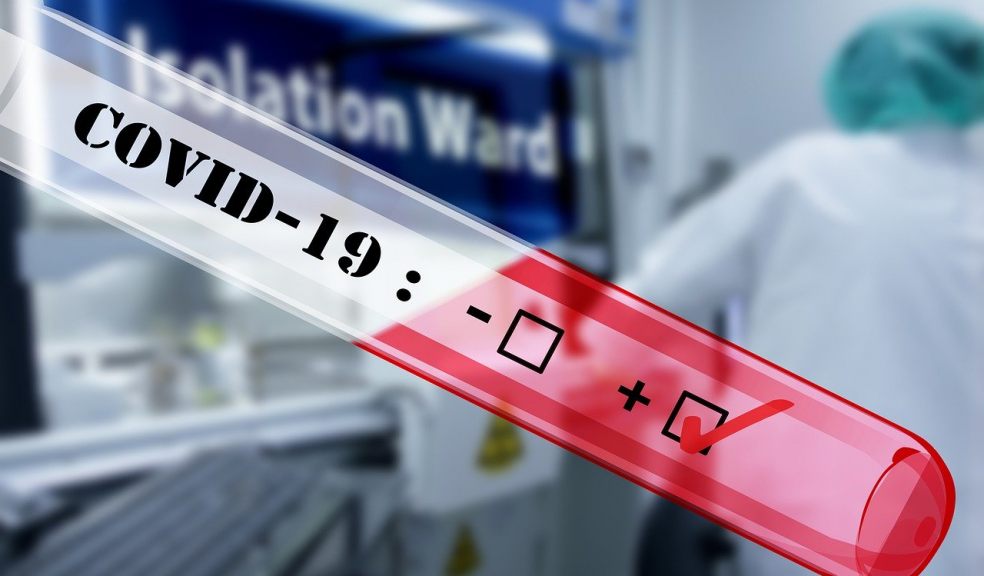
How Agile Can Help Beat COVID-19
An estimated 150,000 people have been infected and nearly 5,000 have passed from the global pandemic known as COVID-19. It was only a few months ago that the general public learned about COVID-19, aka Coronavirus, that was circulating around rural parts of China. Slowly but steadily, this deadly disease has migrated from continent to continent, paralyzing entire medical systems and sending nations into states of emergency. Many doctors and scientists have speculated that it can take up to a year before a vaccine or course of treatment will be developed. With Agile Pharma, however, perhaps the process can be sped up.
The Difficulty of Manufacturing a Cure During a Global Pandemic
In times where a large portion of the medical and scientific communities have their hands full with a new and previously unidentified disease, the resources available to develop a treatment will be scarce. As doctors still have many questions about COVID-19, their main concerns are ensuring that the disease does not spread further. Scientists too have to spend a lot of time understanding the underlying disease as well as any future mutations. Any company looking to developing a treatment for COVID-19 will want to use an Agile Pharma approach to get the drug manufacturing ball rolling. Kanbanize is a leader in the project management industry. Offering a variety of solutions that are well suited for pharmaceutical companies, Kanbanize knows that time is crucial to pharmaceutical companies, the medical community, and patients.
Identifying Promising Leads and Getting to the Pharmaceutical Drug Manufacturing Process
When diseases like influenza start to spread worldwide and infect large numbers of people, researchers are quick to begin working on a solution. While it is actually the research stage that can be the biggest variable, there can also be lots of delays during the manufacturing process. When a plan is developed and researchers know that a new drug can be put out into the market as soon as a treatment is developed, they are inspired to work even harder to develop promising leads. Sometimes drug research companies stumble upon successful treatments for diseases and illnesses that they were not even researching. This is why Agile can be a critical part of the process. A strategy can be formed to get these treatments developed fast, potentially saving countless lives.
Testing and Rolling Out a Cure for COVID-19
After the research stage, comes testing. Initial testing will be conducted in labs, sometimes on tissue samples and lab rats. After that, drug trials and further testing will be conducted on small, controlled groups of volunteers. There will be a window of time after the testing process to check for potential side effects and drug complications. At present, COVID-19 is literally overwhelming medical experts, with some warning that things will soon get out of hand if action is not taken immediately. As researchers from Europe, Asia, Australia, South America, and the United States work on different treatments for COVID-19 independently, it is through Agile that they can cooperatively work together in coming up with a cure.
Ensuring FDA Compliance
Regardless of how serious a pandemic is, there are authorities in each country that have the final say in whether or not a drug can be released to the public. Of course, in the United States, the FDA has and likely will do everything possible to speed up the drug approval process. That is because this authority knows that any delays can be dangerous to COVID-19 patients. A very important part of the drug manufacturing process centers around FDA involvement, including drug studies and the results of testing. With an integrated and modern project management system, pharmaceuticals can communicate with the FDA efficiently, answer and address their concerns, and still keep the ball rolling.
Ramping Up Pharmaceutical Drug Production
Once a new drug has been identified, then tested, and finally, given FDA approval, companies looking to fight diseases like COVID-19 will want to bump up manufacturing levels quickly. After all, this is the type of drug that will be shipped and utilized by patients all over the world. While shipping times may vary, ultimately, the drug manufacturing process can be the most timely part of the entire operation. Agile is a technique in manufacturing that aids drug companies in getting their drugs from the planning stages into pharmacies in swift succession. Because careful attention is paid to the details, there is no increased risk of contamination or product compromise. In short, when the world needs a cure for a deadly disease, Agile can help to get them the medicines that they need sooner.
Getting New Pharmaceuticals to The Public
One day, a solution for COVID-19 will be identified. It might take a little bit of time in order for it to become available on a global scale, but as soon as people learn that it is effective, demand will skyrocket. Pharmaceuticals must be able to anticipate and project anticipated quantities so that there will not be any long-term shortages. Sometimes production levels will level off, go back up, or get to a point where only small amounts of a drug will be needed. Smart pharmaceuticals are skilled at measuring consumer needs and then matching them. Having a good relationship with doctors and scientists in the healthcare field can help to make these kinds of projections much more accurate.
Even once COVID-19 is eradicated, there will be another serious disease that comes along and takes its place. This is the way of the world today, and the very nature of the evolution of diseases. From bird flu to COVID-19, fast medical response and action by the scientific community is what prevents serious medical events from turning into global tragedies. The cures that ultimately get developed come from thousands of hours of work from entire teams of scientists. They unite to solve a single issue, one that is serious enough to threaten life as people know it. What they learn along the way helps them to deal with other newer diseases, and also educates pharmaceutical manufacturers on how to become better able to handle pandemics. Hopefully, in the very near future, COVID-19 will be a thing of the past.














